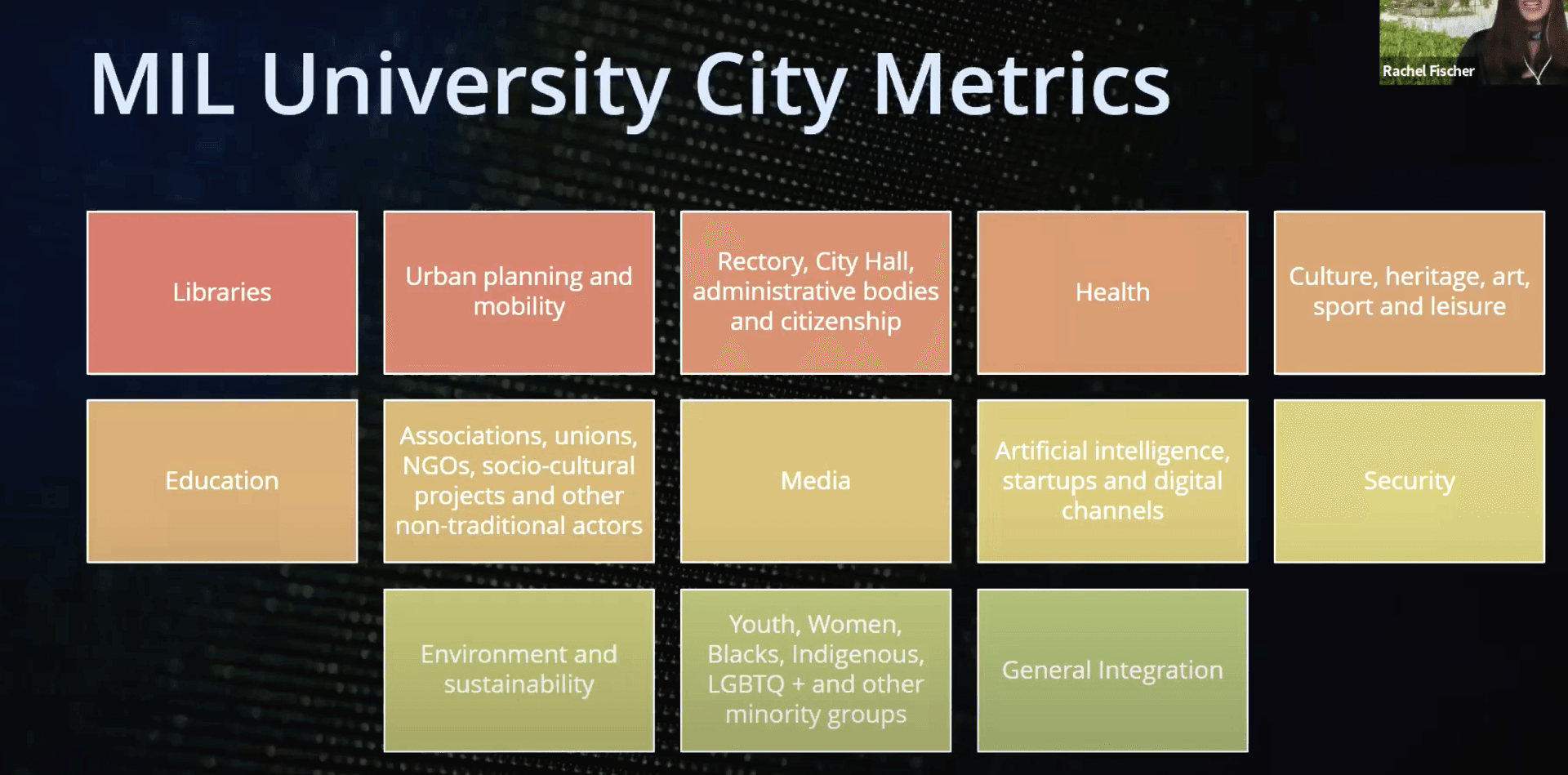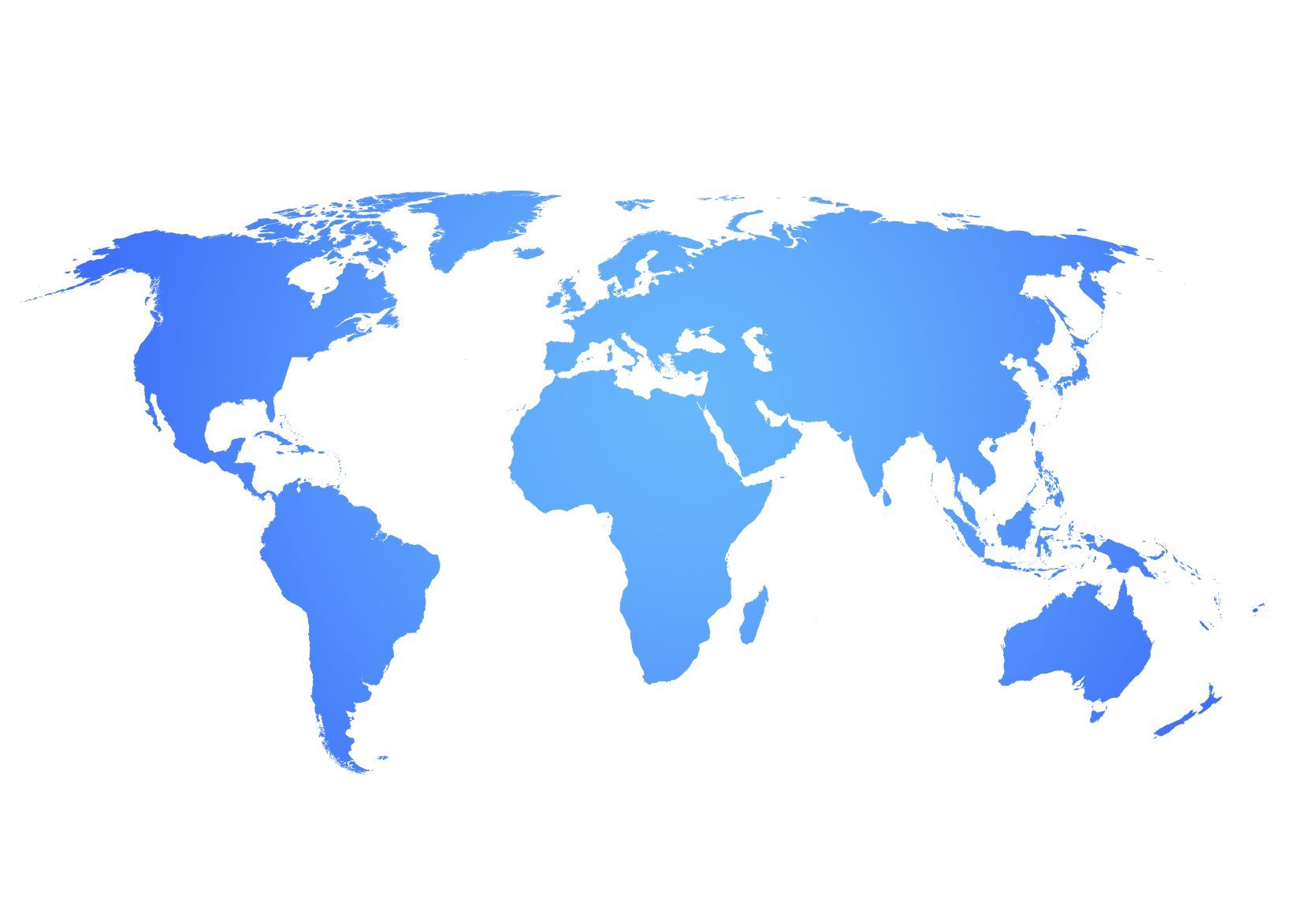The objective of implementing MIL University Cities
The effective implementation of this MIL University Cities paradigm contribute to overcoming some of its serious structural and social problems at universities. This proposal also highlights the possibility of developing university cities that not only use new technologies, but also bring in the participation of new stakeholders, especially young people; consciously, ethically, sustainably, critically and creatively, under the prism of responsibility and sustainability considering the social impacts that the actions cause.
CHIBÁS ORTIZ, F., YARNIKH, V., KOUNAKOU, E. UNESCO MIL Cities network as opportunity for development in Africa, at IARS - International Research Journal, from Australia.. Vol. 11, No.2, 2021, p. 10, p-ISSN2202-2821 e-ISSN 1839-6518 Accessible at: https://researth.iars.info/index.php/curie/article/view/172/141

Flesher, R.

Expansion is embedded in the already existing and diverse stakeholder networks, programmes and projects based in the International Centre for Information Ethics (ICIE) and the UNESCO Information For All Programme (IFAP) Working Groups. All projects aim to support the relevant implementation of the National Development Plan (NDP), African Union Agenda 2063 and UN formulated Sustainable Development Goals 2030 (SDGs).
It allows for the mutual recognition of current and future projects and promotes cross-pollination in research and collaboration opportunities, potentially generating financial support due to the unique structure. These entities work closely with the UNESCO Communication and Information (CI) Sector mandate which speaks to Information Ethics and Media & Information Literacy.
Proposed Network Expansion Strategy
Serve as a meeting point for diverse stakeholders and thus creating a pool of expertise for the purpose of consolidating existing knowledge as a basis for formulating advice on policy and its implementation,
Serve as an avenue for the transfer of knowledge and expertise from the international to the national level, and across borders, and for knowledge-sharing;
Consolidate existing sectoral plans and programmes of action in the information/knowledge society field into a comprehensive, future-oriented vision, promoting public understanding of the unfolding process of change and its ramifications for society and individuals;
Develop an action plan, including short- and long-term goals, as well as benchmarks of success, focusing on the needs of the country in the area of core IE & MIL Cities in Africa network priorities, as well as on forms of regional and international cooperation within the network.











